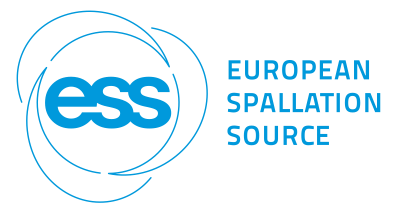Speaker
Dr
Jiro Suzuki
(KEK, J-PARC)
Description
We report the current status of data-analysis software environment at Materials and Life Science Facility (MLF) of Japan Proton Accelerator Research Complex (J-PARC). MLF is a user facility which provides neutron and muon sources for experiments. The basic concept of analysis environment for the neutron scattering instruments is to provide a software framework that has common and generic analysis functionalities for neutron scattering experiments. The framework, “Manyo Library” is a C++ class library which can be worked on Python environment. Manyo-Lib is a software infrastructure and provides the libraries for building data input/output functions, data-analysis functions, and network-distributed data processing environment, etc. User's applications software and data-analysis software have been developed for each instrument by adopting the framework. The 20 neutron-scattering spectrometers have been installed to MLF, and the data-analysis softwares developed on Manyo-Library are working on the 16 spectrometers.
Raw data files in the event-data format are filled into two- or three-dimensional histograms with error values constructed on the data containers. Many data-analysis operators for the histograms, the four arithmetic operations and so on, with error propagations are prepared, and the operators are working with OpenMP(http://openmp.org/wp/).
The histogram data in the containers can be converted into NeXus format files (http://www.nexusformat.org/). In FY 2015 and 2016 we have increased the efficiency of the data conversion, and we will show the result in the presentation.
Author
Dr
Jiro Suzuki
(KEK, J-PARC)
Co-authors
Dr
Takayoshi Ito
(CROSS)
Dr
Takeshi Nakatani
(J-PARC)
Prof.
Toshiya Otomo
(KEK, J-PARC)
Dr
Yasuhiro Inamura
(Japan Atomic Energy Agency)
Peer reviewing
Paper
Paper files:

